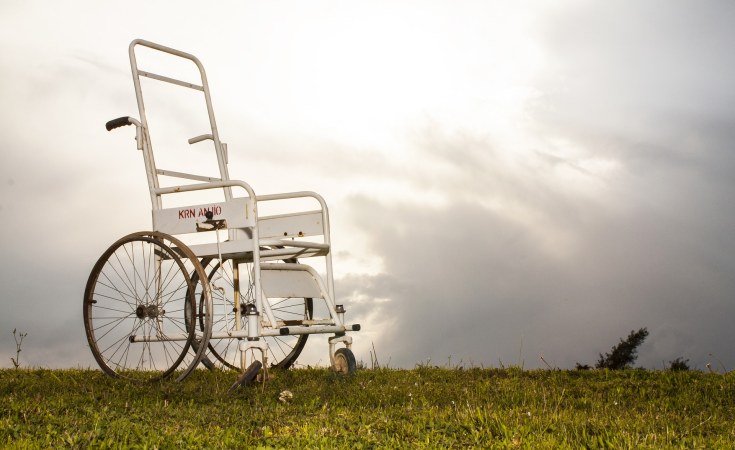Addis Abeba — A new research titled "Double Burden", conducted under the Werdwet Research Fellowship of the Center for Advancement of Rights and Democracy (CARD) reveals that inclusive education has been hampered by political instability in the Oromia region.
The research which was authored by Hiywot Samuel over the past one year, and released on Friday last week covered how political instability in Oromia post 2018 affected inclusive education in five towns; Shashemene from West Arsi zone, Nekemte from East Wollega zone), Haramaya from East Hararghe zone), Bedele from Buno Bedele zone, and Ambo from West Shewa Zone.
According to the research, political instability has frequently hampered the implementation of inclusive education which is still in its infancy in Ethiopia, despite laws that recognize it, and "no steps are taken to fulfill this entitlement".
Students with disabilities attend general education with pupils who are not disabled, without their unique requirements being satisfied, the research stated, adding that these pupils are enrolled in classes and school buildings that are unavailable to them physically and the schools do not use alternative teaching methods, nor do they have accessible teaching and learning materials.
Provision of commodities like assistive technology and other reasonable accommodations required for students with disabilities is affected by the substantial inflation caused as a result of the political unrest in the region, the research said.
The research also points out that due to the political unrest and worries about unintended consequences, NGOs and other non-profit organizations that aid Students with Disabilities in schools by providing assistive gadgets and making schools physically accessible in other regions of the nation were unable to come and do the same in the research areas.
The researcher Hiywot pointed out during the launch of the research that in Nekemte and Bedele, no single nongovernmental organization (NGO) is working on the subject of people with disabilities in general and disability-inclusive education in particular because of the political unrest.
Even more challenging is putting inclusive education for people with impairments into practice. During her research, Hiywot who is visually impaired herself noted the difficulty of implementing inclusive education in Shashemene town due to lack of resources and other issues, and that the political unpredictability made matters worse.
Also, the research findings stated that during strikes, or rallies, schools may occasionally be shuttered for a week or two, and the majority of disabled students do not return to school when the doors reopen because, in the first place, their families do not send them back, and the students themselves do not want to return because they are afraid that the protests may resume and get them into trouble.
Her research findings also assert lack of budget for inclusive education, and noted that even the meager budget that had been set aside was used to finance the conflicts. AS


